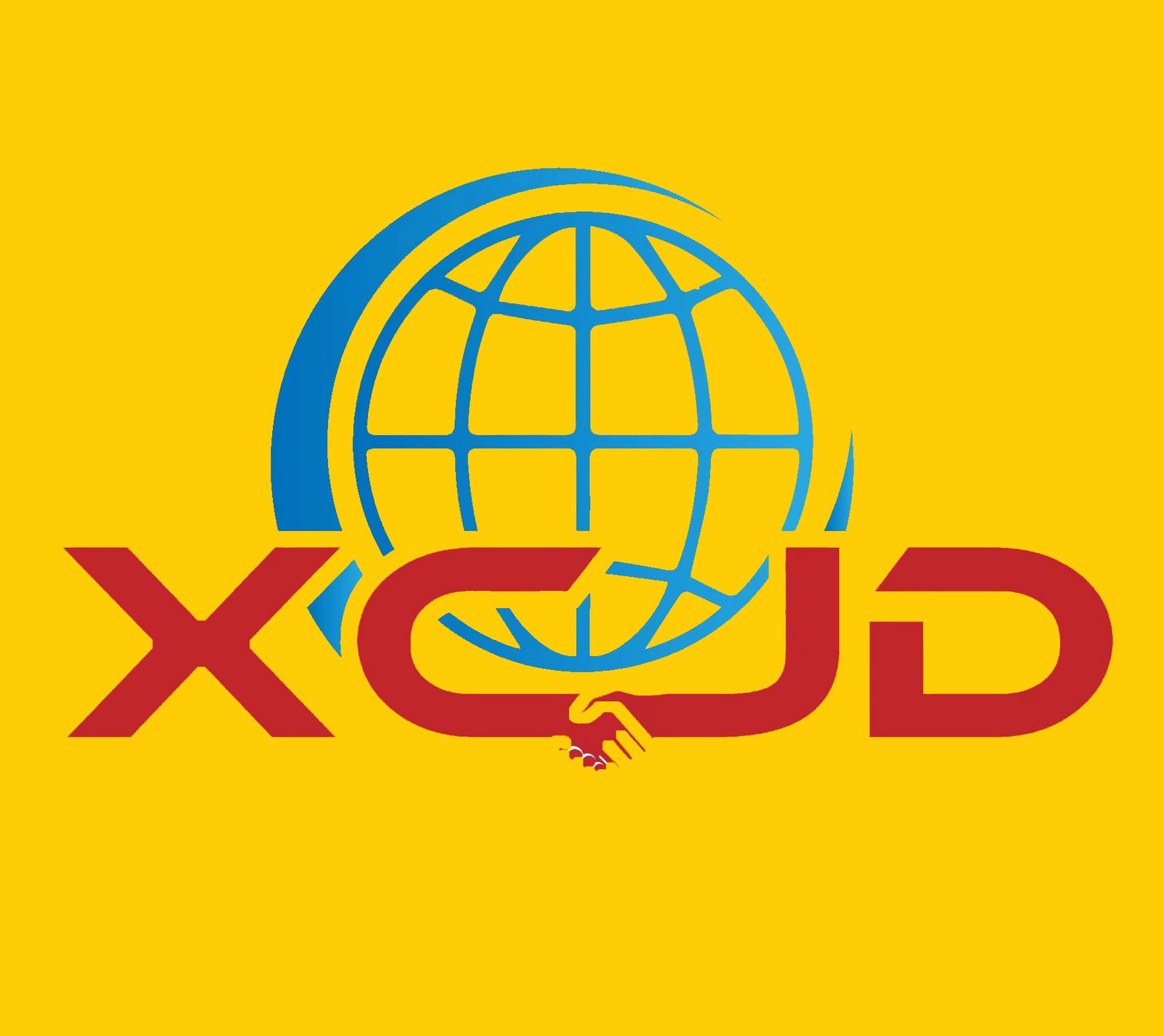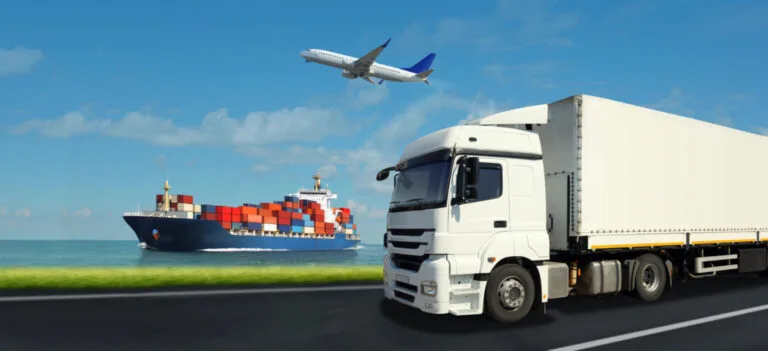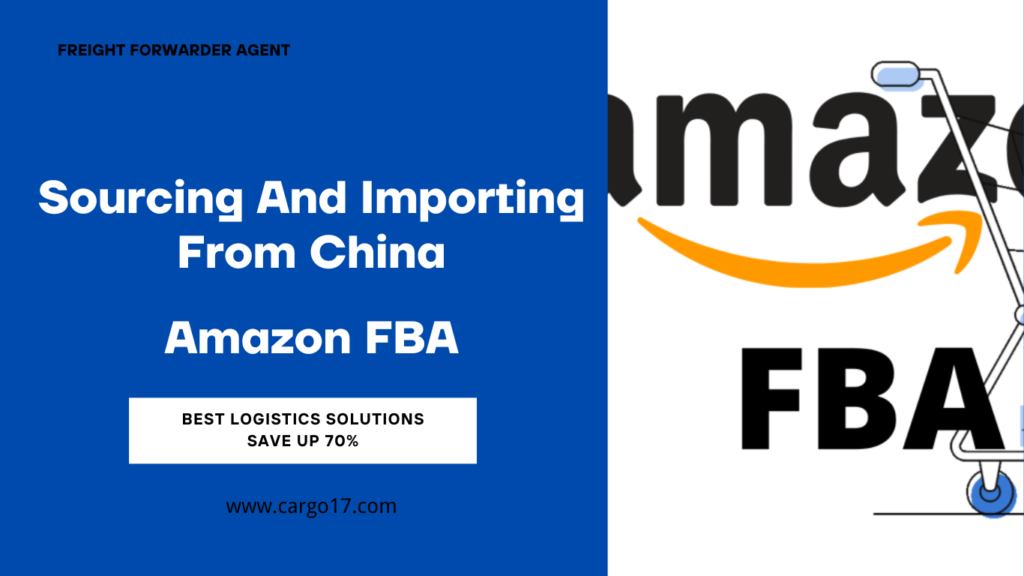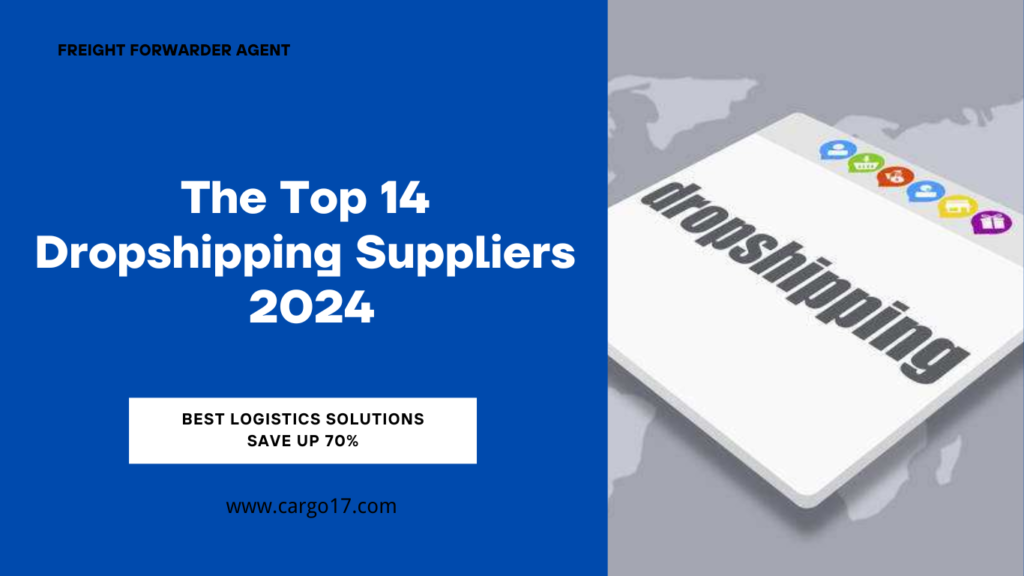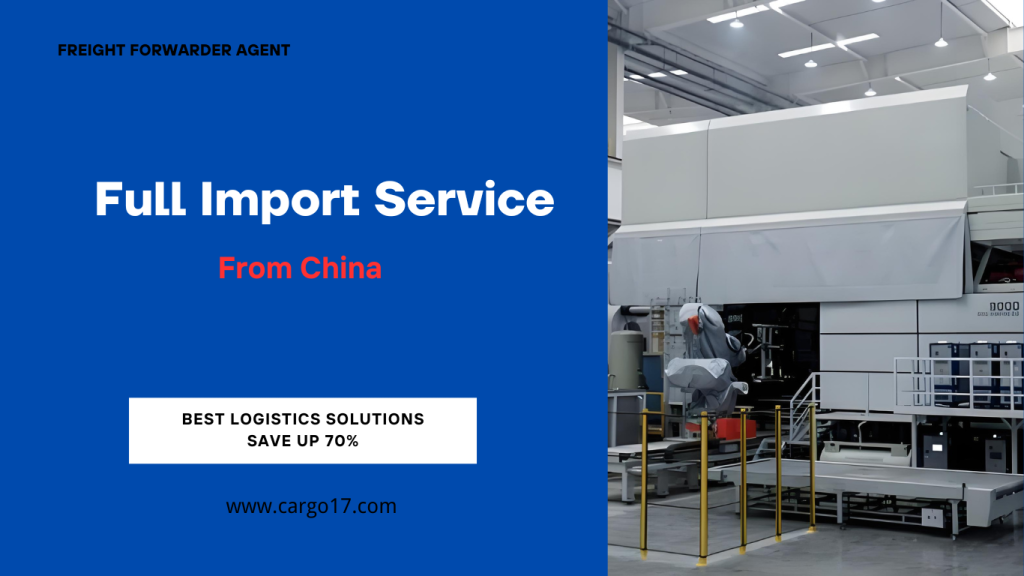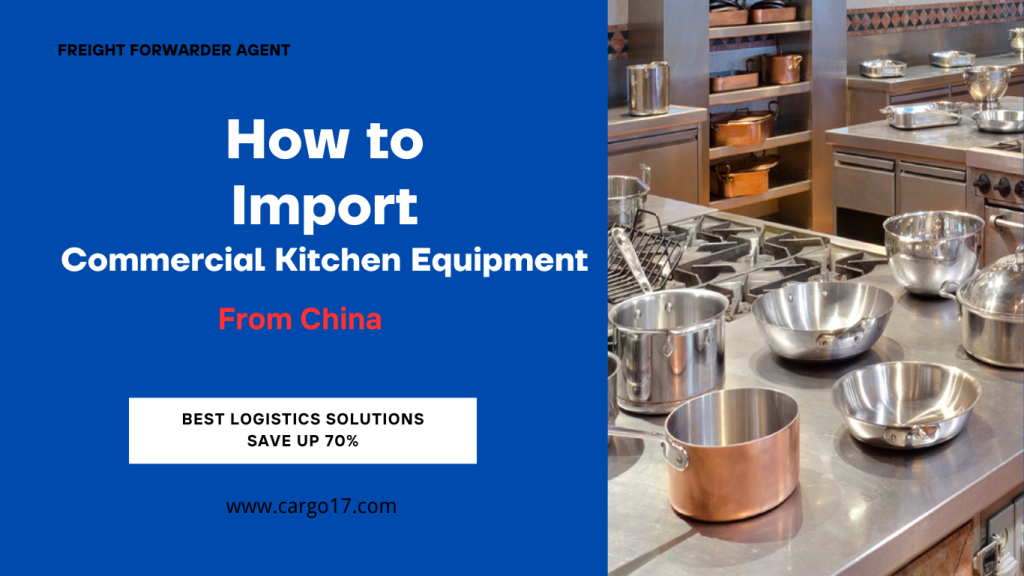what does freight forwarding meaning
Freight forwarding is a crucial aspect of the logistics industry that involves the movement of goods from one place to another. Understanding the concept of freight forwarding is essential for businesses looking to ship products domestically or internationally. In this blog post, we will delve into the meaning of freight forwarding and why it is vital for efficient supply chain management.
what does freight forwarding meaning
Freight forwarders are often called upon to transport large quantities of goods across borders. To facilitate these transactions, they often develop relationships with shippers and consignees. These relationships allow them to offer customers competitive prices and gain access to resources that would otherwise be unavailable.
Freight forwarders provide logistics solutions to businesses and help them enter new markets. The company offers a variety of services, including air, ocean, trucking, LTL (less than truckload) and breakbulk shipping.
In short, freight forwarding can be understood like this: Freight forwarding is the process of helping businesses and individuals transport goods from one location to another (domestic or international). It is an important part of the logistics industry as it enables the efficient and cost-effective transportation of goods around the world.
Freight forwarding is a complex process that requires a high level of expertise and knowledge of the logistics industry. By working with a freight forwarder, businesses and individuals can streamline the cargo shipping process, saving time and money while ensuring their goods reach their destination safely and efficiently.
There are several steps involved in the freight forwarding process
- Initial consultation
The first step is to consult with a freight forwarder to determine the specific needs and requirements of your shipment. This may include the type of goods being transported, destination, required delivery time and any special handling or storage requirements.
- Quote
Based on the information gathered during the consultation, the freight forwarder will provide a quote for the services required to complete the shipment. This may include shipping charges, customs fees, insurance, and any additional handling or storage charges.
- Booking
Once the quote is accepted, the freight forwarder will book the necessary transportation and other logistics services required to complete the shipment. This may include securing space on cargo ships, arranging air or ground transportation, and coordinating with customs brokers and other third parties as needed.
- Document
To facilitate the movement of goods across borders, freight forwarders will handle all necessary documentation, including bills of lading, customs declarations and any other required documents.
- Track and update
The freight forwarder will provide updates on shipment status throughout the process and will make any necessary changes or adjustments as needed to ensure the shipment reaches its destination on time and in good condition.
Freight forwarders can provide a range of services, including but not limited to:
- Cargo tracking
- warehousing
- transportation
- customs clearance
- Shipping by sea, air or LCL
- cargo insurance
- Prepare documents on your behalf (bill of lading, certificate of origin or any specific certificate related to your goods).
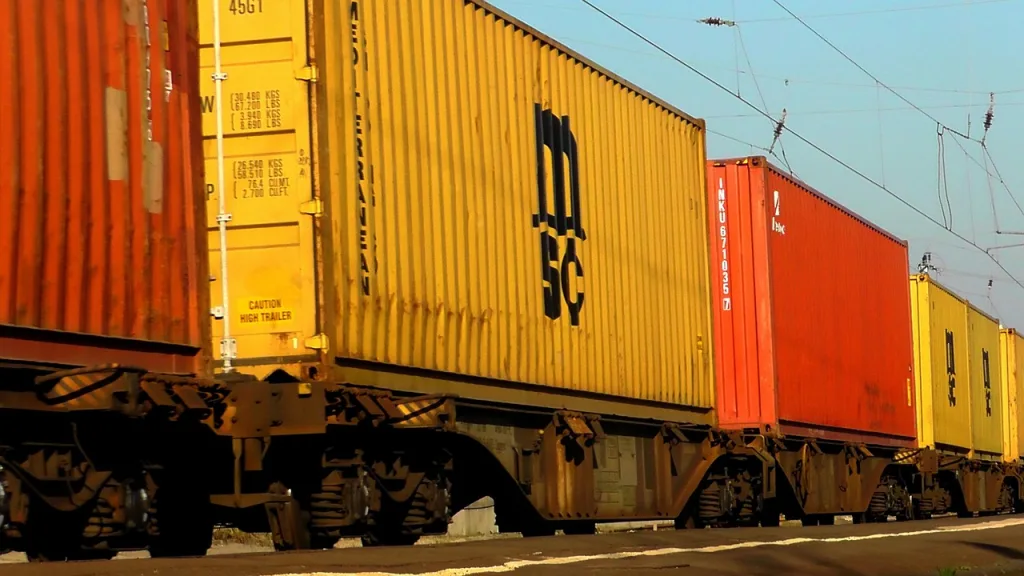
Why use a freight forwarder
The goal of a freight forwarder is to help customers like you move their freight:
- efficient
- Cost effective
- maintain quality
- In areas where you lack expertise
- As your market scales
Freight forwarding is useful when you don’t want to spend time managing every aspect of logistics with different suppliers. They have historically been useful in international logistics because operations can be more easily performed by experts who know the ins and outs of a particular region.
Types of transportation for freight forwarders in international trade
Rail freight
Rail freight is the transportation of goods by rail, usually using freight trains. It is a cost-effective way to transport large quantities of goods, especially over long distances. Rail freight is typically used to transport heavy and bulky items such as raw materials, industrial equipment and finished goods.
One of its main advantages is its cost-effectiveness. Rail transport is generally more economical than road transport, especially over long distances, because it requires less fuel and fewer drivers. It is also more environmentally friendly than other modes of transport as it produces lower levels of air and noise pollution. It is also a faster and more reliable method of shipping compared to other options, especially for long distances. Many rail networks have dedicated freight lines that do not suffer the delays and disruptions that passenger trains do, and rail transport is generally less affected by weather conditions.
Learn more about rail transport shipping from China: rail freight ship from china
Air transport
Air freight refers to the transportation of goods by air, usually using cargo aircraft. It is a fast and efficient mode of transportation, especially suitable for time-sensitive cargo and small high-value items.
One of the main advantages of air freight is speed. Air shipping is typically much faster than other modes of transportation, making it ideal for time-sensitive shipments that require quick delivery. It is also a good option for small and light items, as shipping small parcels by air is often more cost-effective than other shipping methods, with many different air freight options available, including scheduled and charter flights. Scheduled flights are operated by commercial airlines and operate on a set schedule, while charter flights can be arranged based on demand for specific cargo.
It is a popular choice for businesses and individuals to ship goods internationally because it can move goods across borders quickly and efficiently. However, it can be more expensive than other shipping methods, especially for large or heavy items.
Learn more about air freight shipping from China: Air Freight from china
ocean shipping
Maritime transportation is the transportation of goods by sea using cargo ships. It is a cost-effective way to transport large quantities of goods, especially over long distances. Sea freight is often used to transport heavy and bulky items, such as raw materials, industrial equipment, and finished goods. Sea freight is usually much cheaper than other modes of transportation, especially for large or heavy items and long-distance transportation. It is also a more environmentally friendly option as ships emit lower levels of air and noise pollution compared to other modes of transport.
Another advantage of ocean shipping is its capacity. Cargo ships can carry large amounts of cargo, making them an effective option for businesses and individuals to transport large quantities of goods. There are a number of different ocean shipping options available, including Full Container Load (FCL) and Less than Container Load (LCL). FCL shipping involves leasing an entire container for a specific shipment, while LCL involves combining smaller shipments into a single container.
Ocean shipping is a popular choice for businesses and individuals to transport goods internationally as it allows for cost-effective transportation of goods across borders. However, it can be slower than other shipping methods, especially for shorter distances or time-sensitive shipments.
you may interesting learn more about: sea freight ship from china
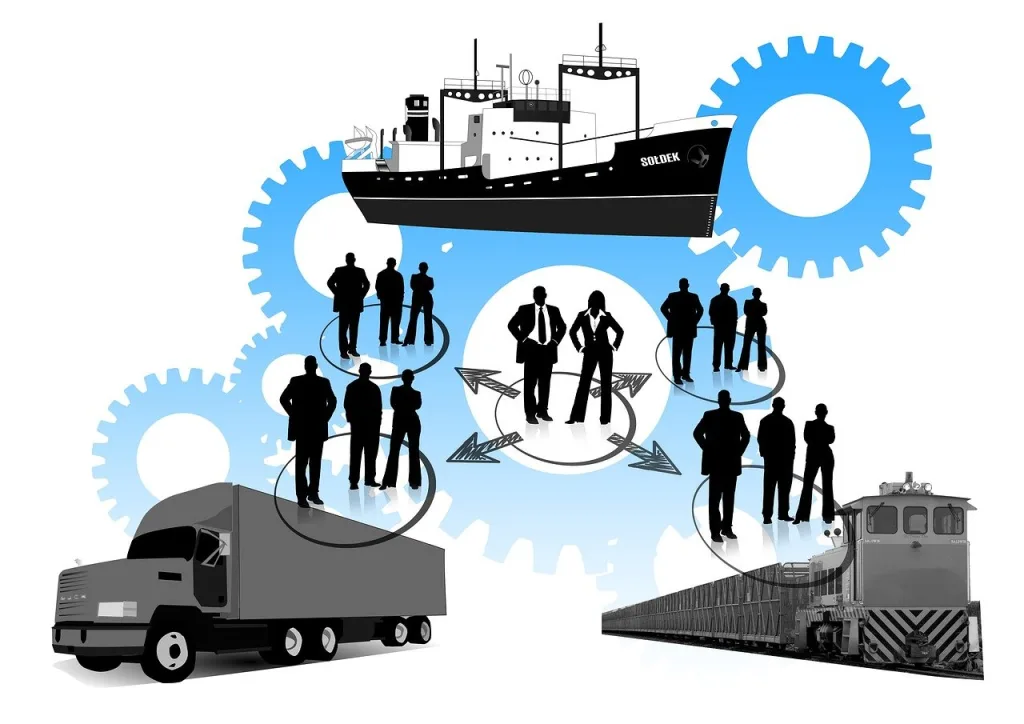
freight forwarding vs freight broker
You will often hear the name freight broker in daily life, so are freight brokers and freight agents the same? what’s the difference between them.
Freight brokers and freight forwarders are both middlemen in business transactions. They are all responsible for transactions between buyers and sellers, or between two companies that do business with each other. Although both are used in business transactions, there are significant differences between them.
What is a Freight Broker
Freight brokers act as middlemen in the shipping process and are responsible for arranging and planning shipments. Merchants hire freight brokers to work with third-party companies such as freight companies and freight forwarders to arrange and settle the time or method of delivery of goods.
Freight brokers do not control the items sent, nor do they own the trucks or other equipment used to transport the items. Typically, freight brokers do not process documentation for their clients. Freight brokers generally do not provide further services such as consolidating or packaging.
It is the freight broker’s job to reach the necessary agreements. Transportation companies and carriers are connected through freight brokers who manage shipments. The broker is not responsible for the custody of the goods.
Freight forwarders can also handle shipping by hiring third-party carriers to transport goods. In most cases, the freight forwarder may not own the carrier used to transport the goods. A freight forwarder, on the other hand, takes more active responsibility for the fulfillment and dispatch of a shipper’s cargo than does a freight broker.
Freight forwarders provide various services to their customers. Packaging, storing, gathering goods and processing customs documents are examples of these operations. Freight forwarders use bills of lading to ship goods. Freight forwarders often collect containers to prepare goods for shipment.
The difference between freight forwarders and freight brokers is that freight forwarders directly handle the goods, and they are often involved in the storage, packaging and transportation of the goods. Freight brokers are only responsible for coordinating the logistics connection between shippers and carriers and are not involved in the handling of goods.
When you want to purchase goods from China, then at this time you need a freight forwarder to help you handle a series of issues from factory selection, product production, quality inspection, warehousing and transportation, customs declaration, door-to-door delivery, etc.
- Transportation: We will arrange various transportation methods to transport goods, such as trucks, ships, planes or railways. Responsible for the coordination, routing and tracking of cargo.
- Warehousing and distribution: We will provide warehousing facilities in China to temporarily store goods before delivery. They manage inventory, order fulfillment and shipment consolidation. And the entire period is free.
- Freight Forwarding: Facilitates the movement of goods between different modes of transportation and manages documentation and customs clearance.
- Supply chain management: Analyze and optimize the entire supply chain, from purchasing raw materials to delivering finished products to customers. This includes demand forecasting, procurement, inventory management and order fulfillment.
- Last mile delivery: Ensuring goods are transported from the distribution center to the final customer’s doorstep.
- Customs Clearance: Assists in ensuring compliance with customs regulations and ensuring compliance of goods as they cross borders.
- Reverse Logistics: If your product requires it, we also manage the process of returning the product, repairing, recycling or disposing of the goods in an environmentally responsible manner.
To learn more about sourcing from and shipping from China, please contact XCJD Logisitc. We provide a list of products with high profit margins for you to choose from, and help you select high-quality suppliers and complete full logistics services, including warehousing, transportation, customs clearance, and door-to-door delivery.
